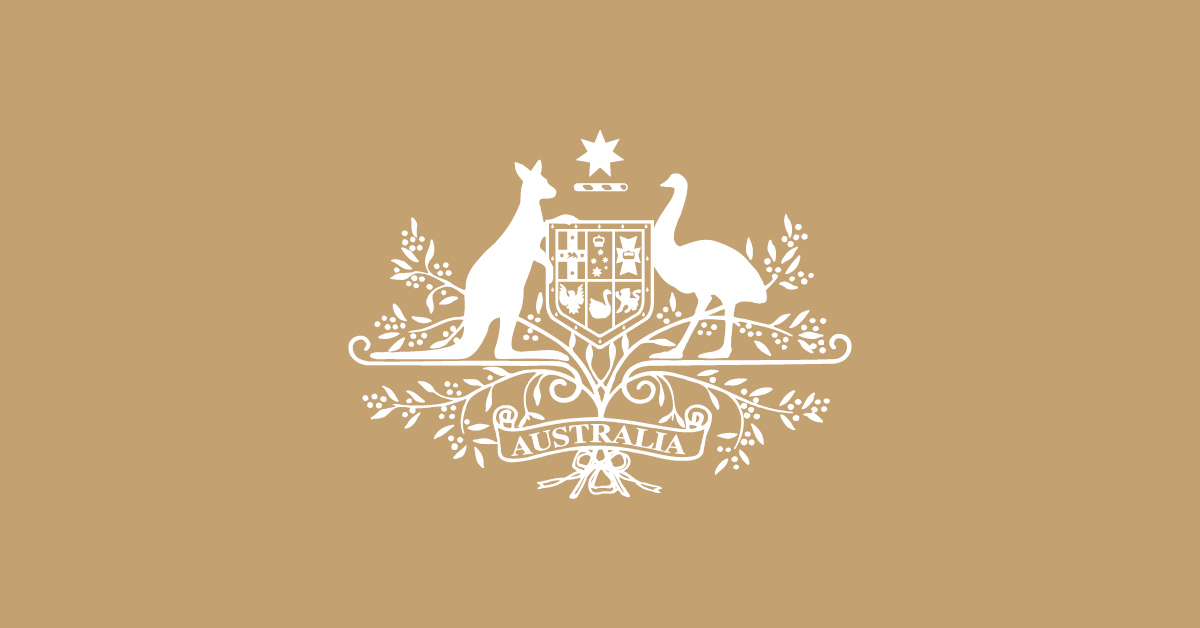Launch of the ‘Towards a Renewable Energy Superpower’ Report
*** CHECK AGAINST DELIVERY ***
Let me begin by acknowledging the Wurundjeri people of the Kulin Nation, the Traditional Custodians of the land on which we meet today.
I pay my respects to their Elders past and present.
And I extend that respect to all Aboriginal and Torres Strait Islander people here today.
At the heart of action on climate change there must be profound respect for the people who have cared for our respective lands for millennia – Indigenous people across the world.
When we came into government, we were committed to addressing two major issues neglected by our predecessors:
- Accelerating Australia’s transition to a low emissions economy.
- And rebuilding Australia’s manufacturing industry.
We want to once again be a country that makes things.
The transition to Net-Zero is not just an environmental imperative.
Harnessing the opportunities of that transformation provides a very real opportunity to ensure our economic prosperity.
And vital to that is ensuring we have a skilled workforce that is fit for purpose.
Unions, like yours, remain at the heart of our efforts to reform the VET sector.
Unions, businesses, governments and education and training providers coming together.
Working together.
Our government knows that working with others is essential.
In late 2023, we signed a National Skills Agreement with states and territories – the first in more than 10 years – unlocking up to $30 billion in funding for the vocational education and training sector.
The previous government failed to land an agreement with a single state.
Not one.
When we came into government, we were bequeathed the biggest skills shortage in more than 50 years.
And there is no surprise that many of those skills shortages are in the new energy sectors.
For 10 years, we had a Liberal/National government that denied the existence of climate change.
As a result, they paid very little attention to skilling up the workforce we need to make that transition to a renewable economy.
The truth is skills are critical enabling factors for unblocking the renewable energy superpower opportunity by skilling up our energy workforce.
When we were elected, we wasted no time.
We established Jobs and Skills Australia, convened a national Jobs and Skills Summit, and established 10 sector specific Jobs and Skills Councils.
These Jobs and Skills Councils bring together unions, employers, governments and education and training providers to make sure we have the most complete picture possible of what skills our economy needs now and into the future.
They will ensure the most important parts of our economy are aligned and moving in the same direction.
This report, commissioned by the Australian Manufacturing Workers’ Union and Climate Action Network Australia, sets out the opportunities to accelerate our ambitions on the energy transition through mission-orientated green industry policy.
It identifies key opportunities to develop Australia’s renewable energy supply chains, including diversified battery supply, wind and solar panel manufacturing, high-voltage cable manufacturing and electric vehicle production.
The National Reconstruction Fund has a vital role to achieve this end.
And the economic and employment benefits are considerable.
The report says up to 60,000 jobs in solar panel manufacturing will be required to achieve Australia’s Net Zero targets.
I also want to acknowledge the calibre of the venue we’re in today – and the part it plays in skilling the renewables workforce of the future.
It’s a state-of-the-art facility delivering TAFE qualifications and short courses in automotive service, repair and manufacturing.
I know we have some AMWU members who have worked as diesel mechanics retraining here so that they will be able to work on electric buses.
Coordinated workforce development is one of the priority actions for government identified in the report, so we’re pleased to be able to hold the media launch here at ACE.
Our government believes that making sure people have the right education and training is central to meeting our Net Zero obligations while also creating secure, well-paid and highly skilled jobs in our cities and regions—especially legacy fossil fuel regions.
We know that realising our potential to be a ‘renewable energy superpower’, as the report suggests, will only be possible if the VET sector, universities and industry each play a strong role to build the skilled labour required.
And I’m working closely with Ministers Bowen and Husic to optimise Government leverage.
This means we need to upskill our existing workforce for new jobs and new technologies.
It also means training thousands of new workers through apprenticeships and traineeships.
In 2023, more than 355,000 Australians enrolled in Fee-Free TAFE, in courses in areas of demand.
And with states and territories, we’re making available an additional 300,000 Fee-Free TAFE places over the next three years.
Fee-Free TAFE is helping create the workforce, for sectors experiencing skill shortages.
Last year we launched our New Energy Apprenticeships Program, which gives those training in areas of new energy access to $10,000 over the life of their apprenticeships to help with cost-of-living pressures and ensure more people finish their training.
The program, which will run for 9 years, saw more than 2,000 people sign on in its first year.
But we want to see that number increase.
To be globally competitive in the sectors identified in the report will require highly trained workers with nationally recognised, transportable skills, which allow them to do the complex manufacturing new industry requires.
I look forward to working with unions, businesses, and all levels of government to help make this happen.
Thank you.
View Original | AusPol.co Disclaimer
